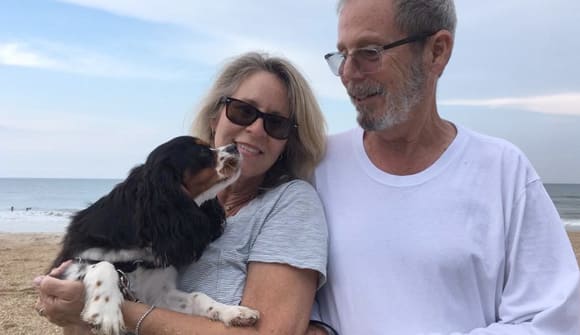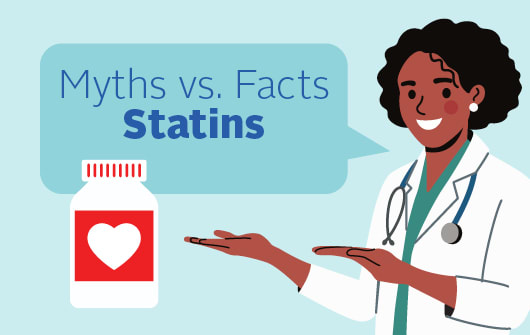Repairing the repair
New option available for patients with failing heart valves.
Article Date:

John Bowler, 72, was out of options. Feeling unwell, unable to catch his breath when doing the easiest of tasks, and with a history of heart problems, he contacted his cardiologist, Pamela Rama, MD. Tests revealed his prior mitral valve repair was failing. It needed to be replaced, but because of Bowler's health status, he wasn't a good candidate for another open-heart surgery.
"John had already had two open procedures, and another one to fix the mitral valve was not possible," said Siddharth Wayangankar, MD, an interventional cardiologist with Baptist Heart Specialists who specializes in structural heart procedures.
"The doctors didn't know whether I'd survive another open-heart surgery," said Bowler.
A first in the state
In a normally functioning heart, blood flows through valves. The mitral valve is between the two chambers on the left side of the heart. When certain medical problems affect its performance, replacement valves and rings can be surgically placed to facilitate blood flow. Some may last for a couple of decades, while others can wear out and need to be replaced. When patients with rings who require a repair are not good candidates for another open-heart surgery, the new Edwards Lifesciences Transcatheter Mitral Valve In Ring (TMVIR) procedure, which is used to repair failing mitral valve repairs, is a good option.
Bowler became the first patient in Florida to undergo it following its approval from the U.S. Food and Drug Administration (FDA).
Much like a washer can help stop a leaky faucet, with TMVIR, a bioprosthetic aortic valve is placed into the failing mitral ring and deployed with balloon inflation. The new valve starts working immediately, and the original mitral valve's narrowing or leakage is immediately fixed. It's a minimally invasive procedure using a catheter inserted in the groin, which means patients can go home as soon as a day after the procedure.
A dramatic change in treatment
As an open-heart surgery veteran, Bowler said TMVIR was a much better option for him. "I spent less time in the hospital afterward, and it was so much less invasive."
Bowler's wife, Susan, agreed.
"As the caregiver, this procedure was leaps and bounds easier than his open-heart procedure," she recalled. "When he came out of surgery he was awake and talking, and he came home after three days. He was up and around the house quickly, though I wouldn't let him do anything, of course!"
"This is going to dramatically change the way we treat patients with prior mitral valve surgeries," said Dr. Wayangankar, who, because of his expertise in structural heart procedures such as transcatheter aortic valve repairs (TAVR) and transcatheter mitral valve repairs (TMVR), guides, observes and assists (when necessary) other surgeons throughout the country and world who are learning new techniques or using new devices.
Dr. Wayangankar performed this first TMVIR procedure with Nathan Bates, MD, cardiac and thoracic surgeon and chief of cardiac surgery at Baptist Medical Center Jacksonville, and a team of other Baptist Heart Hospital experts.
Today, Bowler and his wife are once again walking their beloved dogs and looking forward to celebrating the holidays with their grandchildren.
"This was a godsend," said Bowler. "If your doctor says you're a good candidate for it, I would recommend it!"
The Baptist Structural Heart Program Valve Clinic offers expert diagnosis and treatment from a multidisciplinary team of interventional cardiologists and cardiothoracic surgeons specializing in minimally invasive techniques. For more information about the Valve Clinic and Baptist Health Structural Heart Program, contact 904.202.9500 or go to baptistjax.com/valve.



